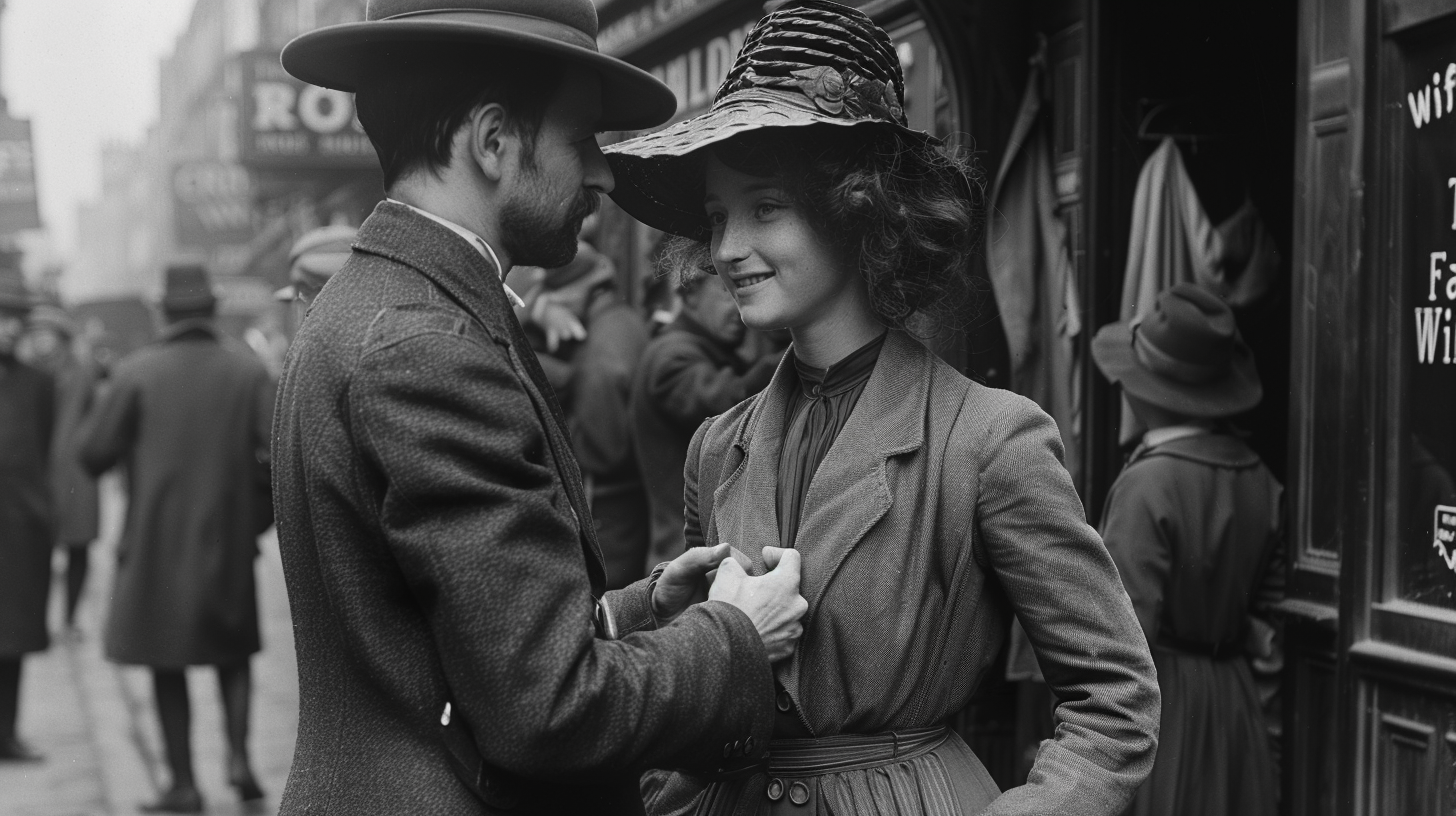In the year 1924, a significant event took place in the world of theater. On March 11th, 1924, the comedic play “Farmer’s Wife” had its premiere in London. Written by Eden Phillpotts, this play would go on to captivate audiences with its humorous take on rural British life and courtship.
“Farmer’s Wife” tells the story of a widowed farmer who embarks on a quest to find a new wife among his neighbors. The play revolves around the farmer’s humorous rejections and the challenges he faces in his pursuit of love. Eden Phillpotts skillfully captured the essence of Devon’s countryside and its people, making the play a true representation of early 20th-century British theater.
The premiere of “Farmer’s Wife” marked a significant moment in British theater history. The play’s success highlighted Phillpotts’ talent as a playwright and his ability to bring the charm and quirks of rural life to the stage. Audiences were drawn to the relatable characters and the comedic situations they found themselves in.
One of the reasons “Farmer’s Wife” resonated with audiences was its depiction of rural British life. The play offered a glimpse into the daily lives of farmers and their interactions with the community. It showcased the challenges and joys of living in the countryside, allowing city-dwelling audiences to connect with a different way of life.
Furthermore, “Farmer’s Wife” explored the theme of courtship in a lighthearted and entertaining manner. The widowed farmer’s search for a new wife brought about humorous rejections and unexpected encounters. The play skillfully balanced comedy and romance, creating a delightful experience for theatergoers.
Eden Phillpotts’ talent for capturing the essence of Devon’s countryside and its people was not only evident in “Farmer’s Wife” but also in his other works. He became known for his ability to transport audiences to rural settings and create vivid characters that felt authentic and relatable.
The success of “Farmer’s Wife” propelled Eden Phillpotts into the spotlight of early 20th-century British theater. His contributions to the world of theater extended beyond this play, as he continued to write and produce works that showcased his unique perspective on rural life.
In conclusion, the premiere of “Farmer’s Wife” in 1924 marked a significant moment in British theater history. Eden Phillpotts’ comedic play captivated audiences with its depiction of rural British life and courtship. The play’s success highlighted Phillpotts’ talent for capturing the essence of Devon’s countryside and its people, contributing significantly to early 20th-century British theater.

